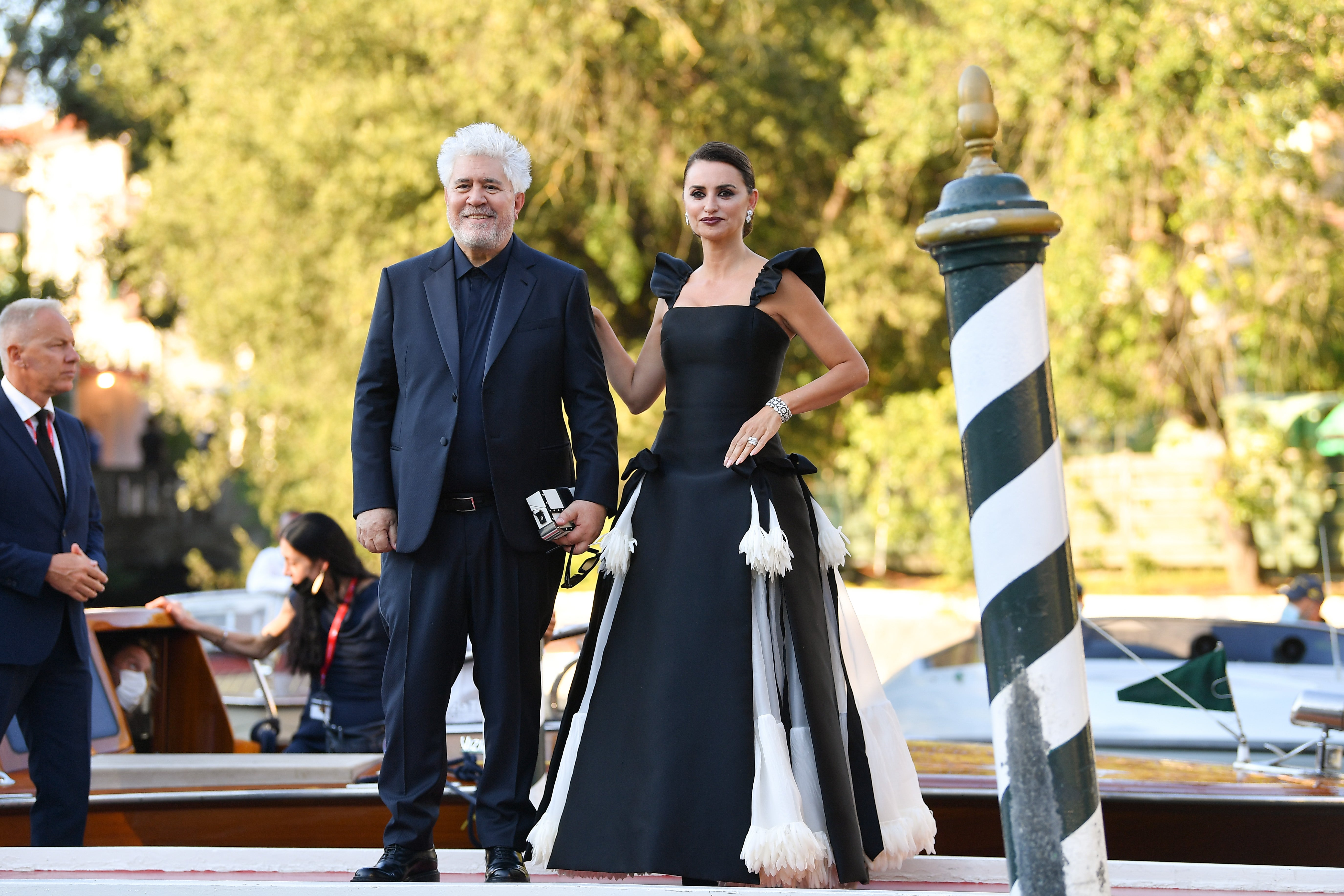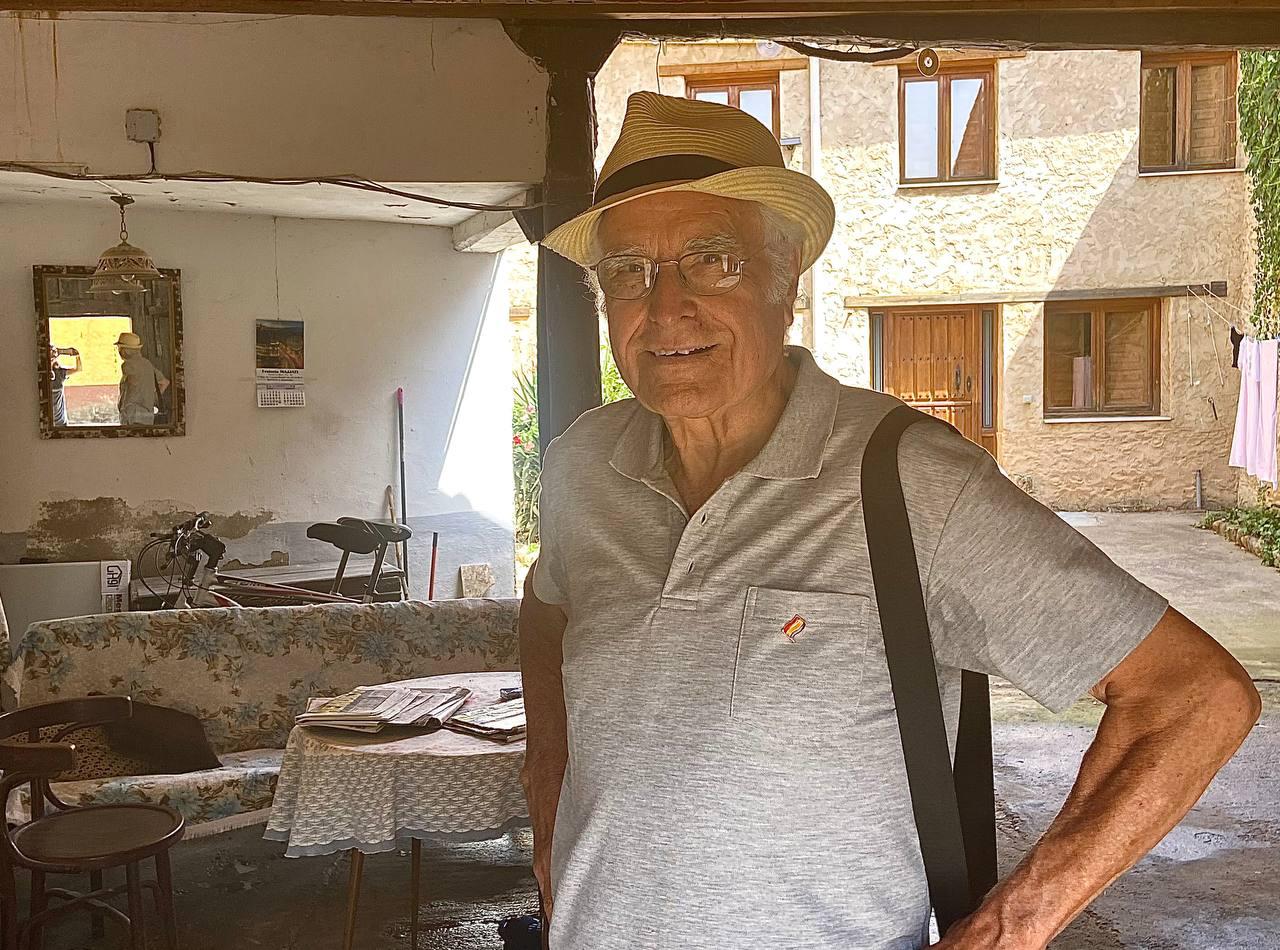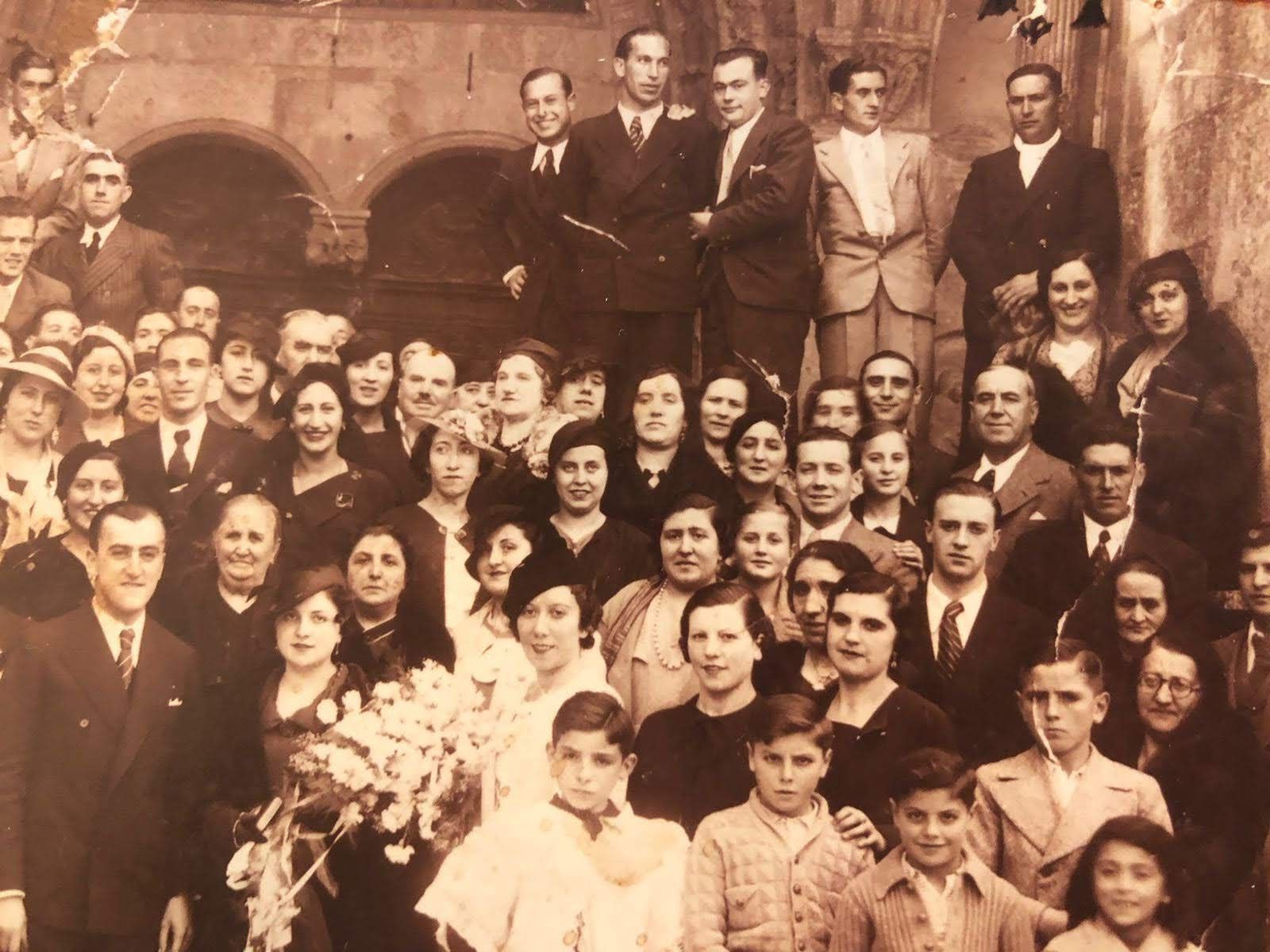Life imitates art as Spanish village plays out civil war plot of latest Pedro Almodovar movie
The issue of those who disappeared during the civil war continues to haunt Spain, and has been given a new, powerful voice by the acclaimed film director, reports Graham Keeley in Madrid


As his new film Parallel Mothers took the Venice Film Festival this week by storm, Pedro Almodovar did not fight shy of telling the world his own country must confront the ghosts of the civil war.
Parallel Mothers touches on the story of Janis, a photographer played by Penelope Cruz, who is determined to find the remains of her great-grandfather, who was executed by forces loyal to the dictator General Francisco Franco for opposing the nationalist regime.
“Spanish society has an enormous moral debt to the families of the disappeared,” Almodovar told journalists.
“After 85 years, until this debt to the disappeared is paid, we cannot close our recent history and what happened in the civil war.”
Away from the Hollywood glamour, a real-life version of this grim chapter in Spanish history played out in the less salubrious surroundings of Villadangos del Paramo.
A neighbourhood committee of the village of just over 800 inhabitants in northern Spain voted last week against a petition to dig up the cemetery to try to find the remains of 71 people who were shot by followers of General Franco.
It had been the last chance for Rufino Juarez to give his father, also called Rufino Juarez, a decent burial, as he was one of those dumped in the mass grave.
The 86-year-old died on Wednesday, before the planned exhumation was due to take place.
At the start of the 1936-1939 civil war, as forces of General Franco advanced across the country, anyone thought to be loyal to the left-wing Republican government was murdered without trial.
Like the Penelope Cruz character in Almodovar’s film, Olga Rodriguez, a journalist, has been searching for her great-grandfather’s remains for years.
Santos Francisco Diaz was among the 71 prisoners who were taken from a concentration camp in Leon in northern Spain and executed by the side of a road near Villadangos del Paramo.
At first their bodies lay on the ground but villagers were ordered to put them in carts and bury them in the cemetery.

A man who was part of the burial party remained mute in shock for weeks, according to his son.
Relatives who were children at the time have never forgotten the sight.
Francisco Diaz’s only crime was belonging to a union. His seven children, the youngest merely a baby, were left orphans and his wife a widow. He was 39 when he was shot without any charges or trial.
Even after General Franco’s death in 1975, Diaz’s family faced hostility from villagers when they tried to discover more about where his remains lie.
The Association for the Recovery of Historical Memory, a volunteer organisation which has campaigned to recover the remains of Franco’s victims for 20 years, asked to exhume the bodies in the village cemetery.
However, Alberto Gonzalez, the assistant mayor, insisted villagers should vote on the issue first before it went ahead. Before the vote took place, some villagers told Rodriguez and other relatives they were not welcome.
“Some people in the village did not want to look back. There were years of forced silence, of fear, of assuming that you did not talk about this, and I suppose that there were no collective ways to dispel this inertia,” she told The Independent.
“To uncover the earth like this was to uncover the truth. It is good for democracy.”
Rodriguez says she believes that Villadangos del Paramo is not an isolated case in a country still tormented by the past.
“There are still villages in Spain where if you ask about the Francoist repression then people speak in low voices or they look from side to side. It is inherited fear, this silence which has still not been broken.”

She says that about a dozen inhabitants of Villadangos del Paramo have told her that they have found the attempt to address the past through this exhumation “cathartic” because it uncovered a silence which existed in the village about the matter.
Using journalistic contacts, Rodriguez was able to ask Spain’s left-wing government to exert pressure on the village council.
“Imagine if I didn’t have this privilege to be able to do this?” said Rodriguez.
Francisco Egea, the vice-president of the Castilla y Leon regional government, said that village vote did not prevent the exhumation going ahead later.
Under the draft Democratic Memory Law, which is due to come into force before the end of the year, relatives of the “disappeared” will have the right to exhume their loved ones.
There are an estimated 114,000 bodies in mass graves across Spain, according to a judicial investigation, but historians believe there may be as many as 150,000.






Join our commenting forum
Join thought-provoking conversations, follow other Independent readers and see their replies
Comments